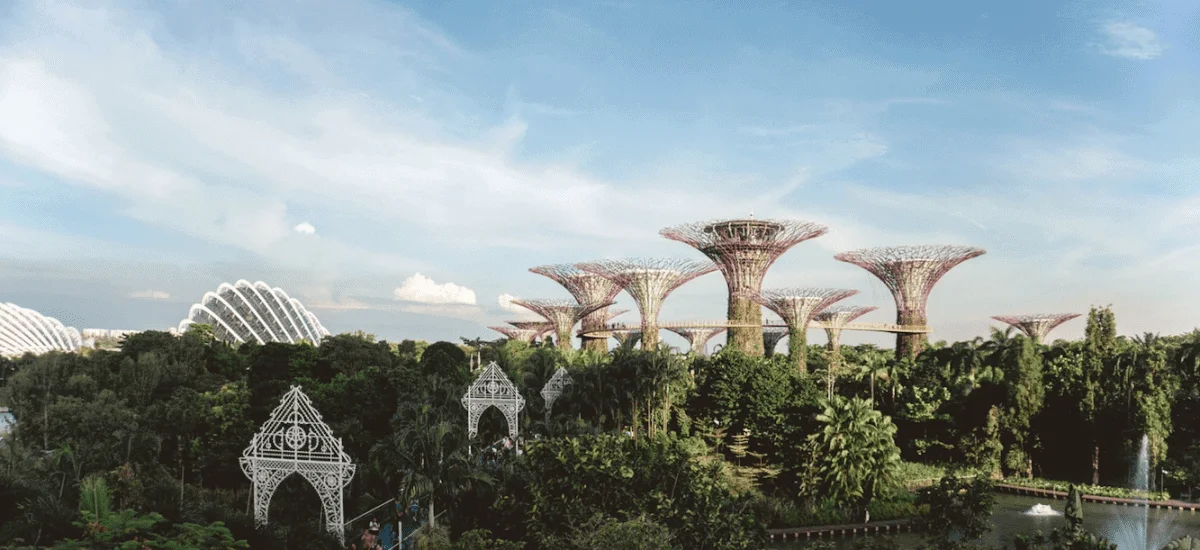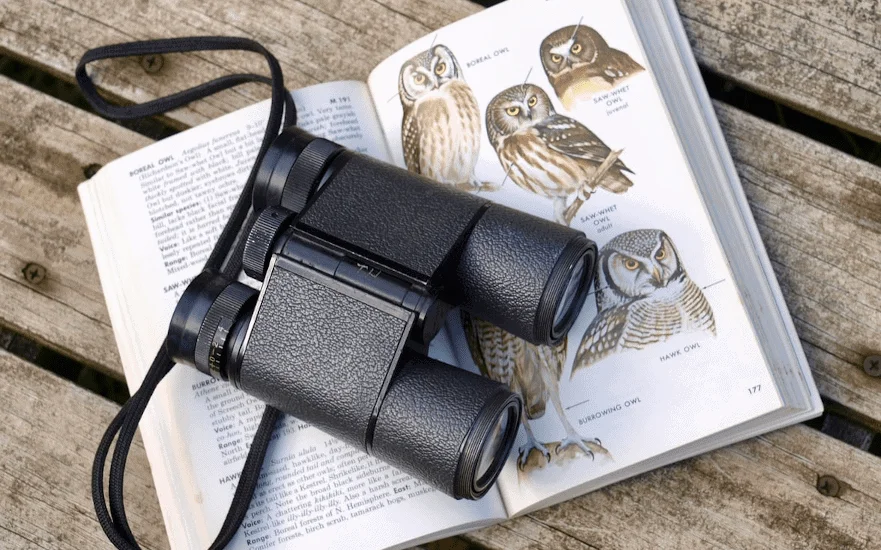
The Philippines is a country filled with diverse landscapes. The Asian country has major cities like Manilla and Cebu which are filled with millions of people, high-rise buildings, and car congestion. The Philippines is also full of forests, mountains, and beaches.
Due to the variety of ecosystems found in the Philippines, birdwatching is a major activity for locals and travellers. There are a number of great birding areas around the Philippines and each offers its own winged wonders to see.
The Philippines is made up of more than 7,100 islands. You can find more than 230 birds local to the Philippines. These birding locations are excellent ways to see the variety of bird species endemic and migratory in the Philippines.
What is the best bird watching location in Philippines?
1. La Mesa Eco Park
La Mesa Eco Park is a popular travel destination for birders from all over Asia. It attracts plenty of birders from countries such as Singapore and Vietnam, who want to spot birds not local to their own regions. The park covers 33 hectares and is linked to the La Mesa Watershed Reservation making it an incredible place for watchers and birds to congregate.
Some of the birds you can see are Little Egrets, Barred Rails, and Kingfishers. One of the major finds in La Mesa Eco Park is the Osprey. Birders from all over go to the park simply to spot the Osprey flying above the trees. There are also migratory birds that make their temporary homes in La Mesa Eco Park. You can find paths through the park allowing you to stroll through the grounds.
Birding isn’t the only reason people go to La Mesa Eco Park as it has multiple activities for visitors. You enjoy swimming, canoeing, and fishing in the park.
2. Candaba Wetlands and Bird Sanctuary
The area that makes up Candaba Wetlands and Bird Sanctuary was once a large wetland area that attracted birds and wildlife to its ponds and pools. Over the years, the wetlands have been transformed into farmland for locals.
Due to the forming of farm land, the Candaba Wetlands and Bird Sanctuary has decreased and now makes up around 32,000 hectares. Philippine Ducks and Purple Herons are two of the great finds in the Candaba Wetlands and Bird Sanctuary.
The park can be driven through, but any birder worth their salt will know that they should walk through the sanctuary to see the wildlife. Driving through the park will prevent you from spotting the birds flying through the tops of the trees, so be sure to walk the pathways. There are other animals that live in the park and you will see them during a stroll.
The rains and floods of the Filipino wet season makes it almost impossible to visit the Candaba Wetlands and Bird Sanctuary. The grassy areas become submerged by water. November to April is the dry period allowing birders to enjoy the great endemic and migratory birds that live in the park.
3. Wawa Dam
The Wawa Dam is situated on the Marikina River in 1909. The dam was constructed not far from Manilla and provided the Philippines capital with electrical power. The dam has since been closed and it doesn’t provide water or electrical power to the city any longer. Wawa Dam is now a great spot for birding. There are paths and small foot bridges around the Wawa Dam allowing you to stroll through the grounds. The area around Wawa Dam is now protected.
Some of the birds you may see are the Little-ringed Plover, the Grey Wagtail, and the Elegant Tit. Along with seeing the various bird species that live permanently and temporarily around the dam, you can find the Pamitinan Cave and can be explored by visitors. If you fancy caving, the Pamitinan Cave is a great chance to see a different part of the Philippines.
The birds that live in the area around Wawa Dam are not afraid of humans. Due to the houses and people who live near the dam, the local birds are used to humans. This means birds are not afraid of outsiders. Locals want the Wawa Dam area to be an eco-tourism destination in the future but there are still developers hoping to turn the area into a more non-eco-tourism location.
4. Angat Watershed Reserve
Located in the Luzon area, the Angat Watershed Reserve is home to a dam of the same name and has become a popular birding site in the Philippines. The area has roads and trails that make it possible to move around with ease. You can trek and hike through the Angat Rainforest and Ecological Park that lies in the area.
Some of the birds that have been seen in the Angat area are the Grey-headed Fish Eagle and the Luzon Hornbill. The reserve has become a popular place to visit as it is one of the few places in which you can find the Spotted Imperial-pigeon.
A number of bird species in the area are under threat and the Angat Watershed Reserve provide a safe place for them to live. Along with a number of bird species, you can see multiple mammal species. Endangered animals including the Crab-Eating Macaque Macaca fascicularis and Philippine Warty Pig Sus philippensis make their homes in the Angat Watershed Reserve.
The watershed is in a “critical” state due to those seeking to illegal cut down timber in the area. The Angat Dam provides 97% of the water Manilla’s 13 million residents consumes on a daily basis. The watershed is over 62,000 hectares that endemic and migratory birds call home.

More Articles.

Best Bird Watching Locations in Singapore 2020
Birdwatching is a popular pastime in Singapore thanks to the abundant greenspaces and varieties of

Best Binoculars for Bird Watching 2020
Article Summary: Best Budget Binoculars: Nikon 8250 Aculon 16×50 Best Mid-tier Binoculars: Nikon Monarch 5

Best Bird Watching Locations in Malaysia 2020
Situated in southeast Asia, Malaysia is a hot-bed for birdwatching thanks to its parks, forests,

About Us
We are avid bird-watchers who recently retired, allowing us more time to travel the world. Fortunately, we have managed to visit numerous countries around Europe, Asia, and America. Watching and photographing birds has been a passion for many years and we are making the most of the extra time on our hands!
